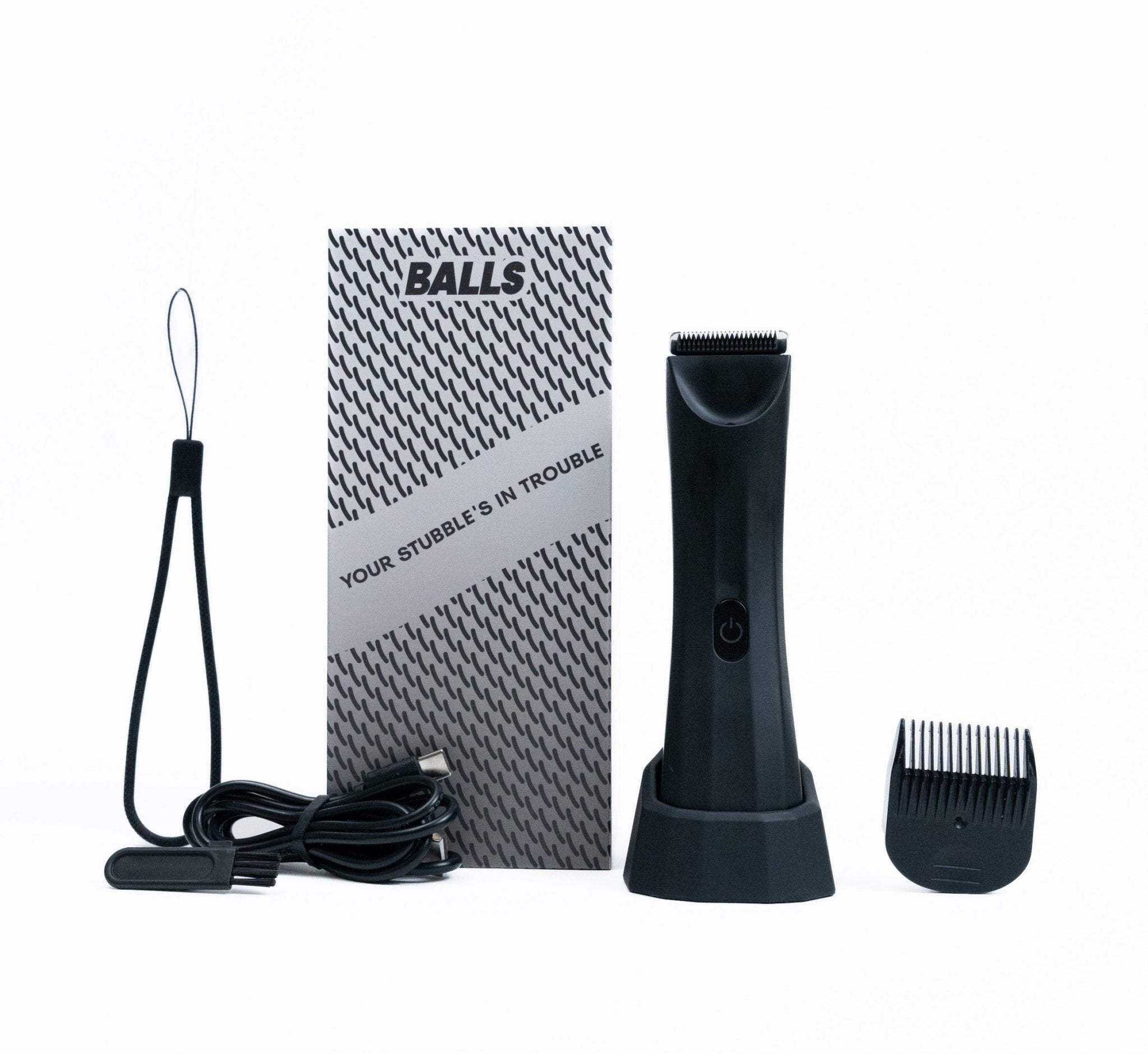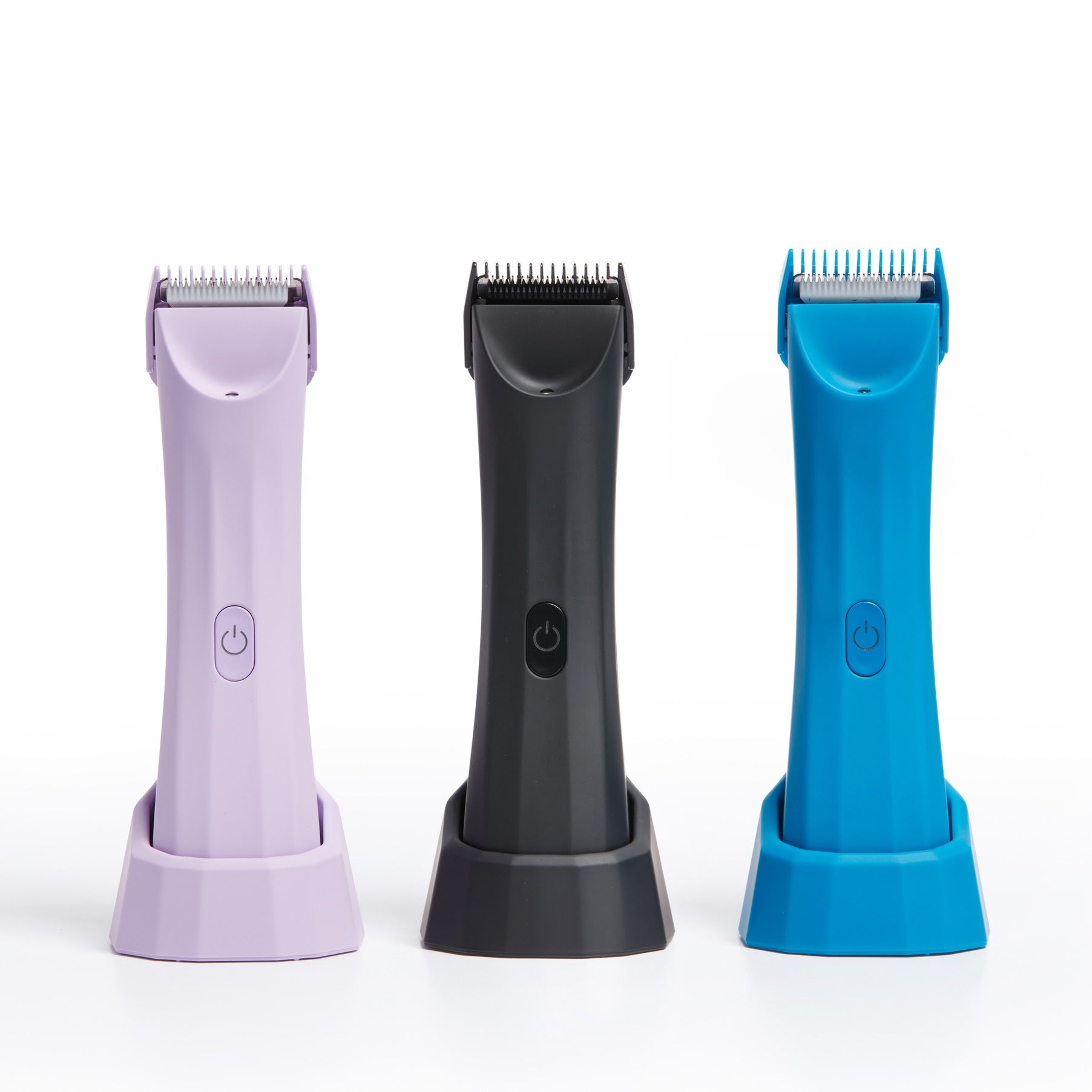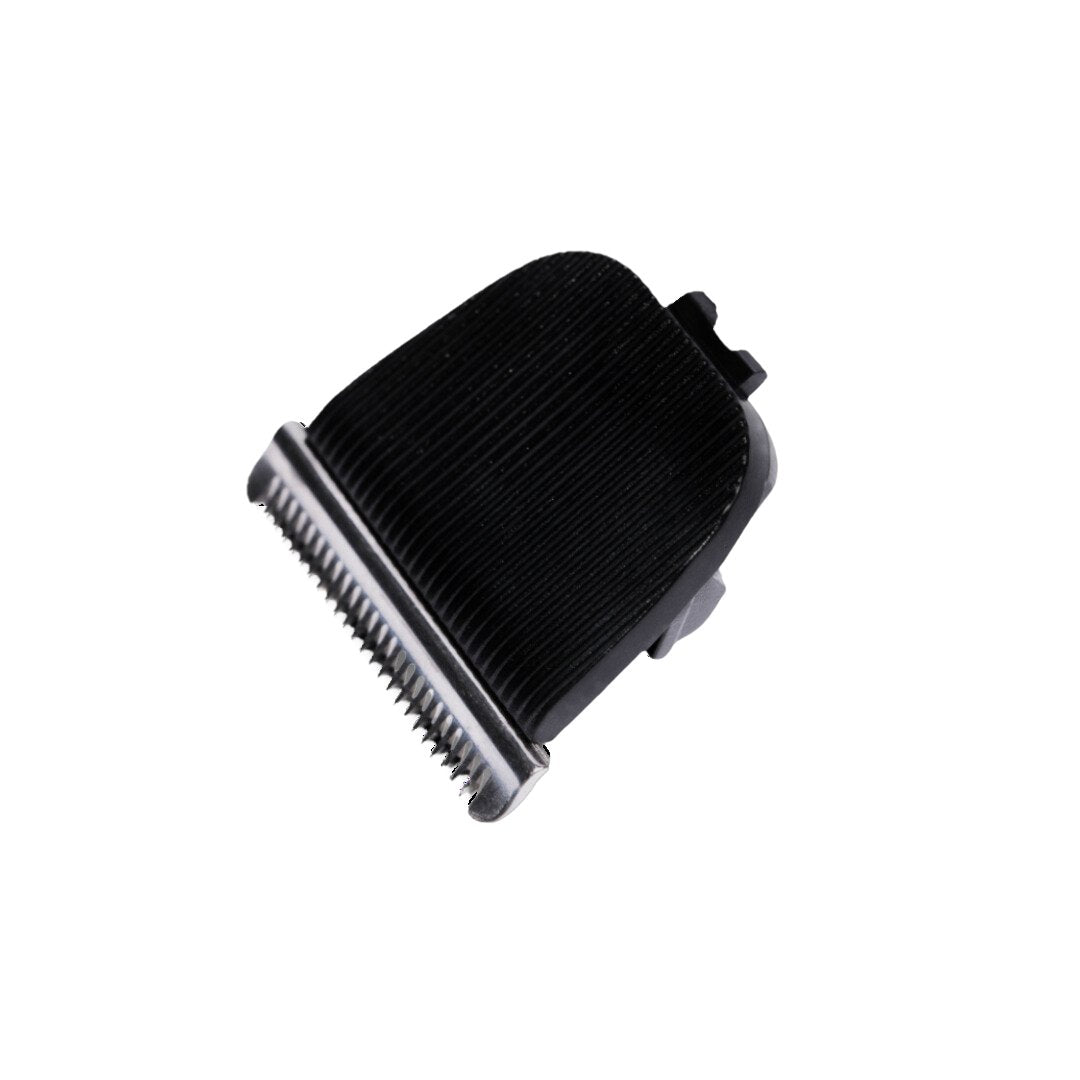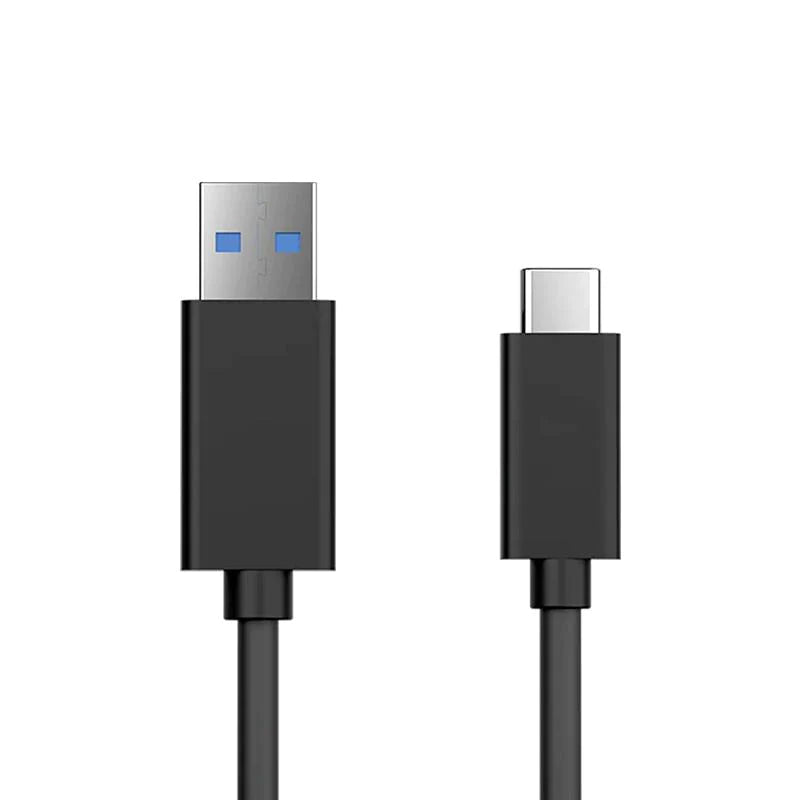What Causes Itchy Balls and What’s the Treatment?

Itches can drive you crazy and it’s hard, or downright impossible, to resist scratching to bring some relief. There are various reasons you might experience this kind of irritating itch as well as more than one way to deal with it.
If we all wore kilts or baggy trousers, that might go some way to solving the issue, but it’s not the look most guys want to go for.
Scratching, as you know, can be a pleasure and a pain at the same time, which is why ball-scratching can be tempting.
Some guys scratch their balls seemingly all the time and don’t even know they’re doing it. This isn’t the most hygienic habit and you probably don’t want to shake hands with someone who’s been having a bit of a scratch in their nether regions.
So let’s take a look at three of the most common reasons for itching balls and how to treat them:
1: Incorrect Manscaping Technique
Although shaving can give you a smooth feel and look for a while, it can also result in horrible itching. You might experience red bumps there too.
Using a dull razor blade is one of the most common culprits. Razors cut the hair off close to the skin rather than actually removing it. The follicles keep growing hair underneath the skin and shaving irritates them. This can cause anything from mild itching to the intense kind which drives you nuts (pun intended).
A used or dull razor can pull on your pubes, twisting or redirecting hair follicles the wrong way. This can cause razor burn (ingrown hairs). The balls are prone to razor burn and getting itchy because they’re so sensitive. Also, the hair down there is thick and coarse, so it doesn’t feel nice when growing back.
Scented soap and harsh chemicals used on the skin can irritate or dry out the skin too, resulting in itching on your gonads and maybe also on the inner thighs.
After shaving, the fabric of your clothes can rub against your balls and irritate them even more
How to Solve Post-Shaving Itchy Balls
If itching is driving you crazy, there are some steps you can take to prevent this from happening again.
Trim any long hairs before you start. Anything more than half an inch long should be trimmed, preferably with a hand mirror so you don’t miss anything. Ensure you’re using a trimmer that’s designed for your balls since they’re such a sensitive area.
Never shave dry skin because there’s no protection from the blade. Take a warm bath or shower and let your balls soak. This opens the pores, facilitating an easier shave.
Shaving your balls with a disposable razor is like Russian roulette. Why take the risk of nicks, cuts and itching? Instead, choose a trimmer that’s designed especially for the balls.
Apply shaving cream or hair conditioner before shaving, preferably something suitable for sensitive skin. Don’t use shower gel or bar soap. Once you’ve applied the product, shave in the hair growth direction, not against it, pulling the skin taut with your other hand.
Don’t rush the process. Shaving correctly means you’ll have more time between shaves as well as much less chance of discomfort or itching. When you’re done, apply a cooling gel or after-shave balm or lotion to soothe the skin on your balls.
2: A Fungal Infection
A lot of groin infections are caused by fungus that likes hot, damp areas. Poor hygiene is usually responsible for such infections and wearing synthetic underwear instead of cotton can also cause an infection, since your skin can’t breathe in synthetic materials. So what else can cause fungi?
Jock itch, a rash around the genitals, can be caused by:
- Humidity
- Heat
- Tight clothes
- Moist folds in the skin from obesity or sweating
Also known as tinea cruris, jock itch can be caused by various microorganisms. It can be non-infectious and caused by environmental or physical factors irritating your skin or by an allergic reaction.
Men experience this more than women do because their genitals are more exposed to humidity and friction. Some women get it under their breasts though.
Without treatment, jock itch can go on for many miserable months.
How to Treat or, Better Still, Prevent Jock Itch
Antifungals come in cream, powder and spray form and can get rid of jock itch in weeks. It’s important to keep the area clean and dry, and also do the following:
- Wash the itching area and use a clean towel to pat it dry
- Don’t use the same towel on other parts of the body
- Read the label and then apply the medicine as instructed
- Keep using it to prevent the jock itch coming back
You can prevent the condition with the following good habits:
- Shower or bathe every day as well as after playing sports or working out.
- Keep the groin dry at all times, perhaps using an antifungal powder if your GP recommends it.
- Never share towels or other personal possessions because you could pass the fungal infection along (or get it from someone else).
- Wash clothes you play sports in or work out after one use and change your underwear once a day or more.
- Don’t wear tight-fitting clothes because they can chafe and rub the skin and encourage fungal growth. Swap briefs for boxers which allow the genital area to ‘breathe’.
Another fungal infection is thrush and this can affect males and females. Thrush is caused by candida, especially candida albicans which is a type of yeast. There are more names for thrush:
- Candidal balanitis
- Yeast infection
- ‘Songbird’ disease
- Candida
- Candidiasis
Thrush, or whichever name you choose for it, can be treated with any of the following remedies.
- Clotrimazole: This cream can treat male yeast infections, in particular those not affecting the penis.
- Antifungal cream: There are over-the-counter creams you can get from the chemist, and these are handy if you’ve had thrush before and know what you’re dealing with. These are typically applied twice a day but read the packaging first to check.
- Corticosteroid cream: These creams can be paired with antifungal cream to help with itching and swelling, but because some might worsen thrush, it’s best to see your GP for the right prescription.
3: Crabs or Pubic Lice
Crabs, which are the same thing as pubic lice, can cause extreme itching and discomfort. Sometimes you can spot the eggs near the roots of your pubes and you could also see grey lice crawling around there. Gross, right?
Lice are sexually transmitted and spread via sex with an infected person. They can also spread via shared clothing and towels, although this isn’t as common. They can be treated with a special shampoo or cream. Take these steps for a good result:
- Check for lice: Take a close look at your genital area and see if you have crabs, then wash and dry yourself.
- Apply treatment: Use a special shampoo or cream on the affected area.
- Leave it on: Give it time to work, following the directions that came with the medication as to how long you should leave it.
- Remove the lice: Use a fine-toothed comb to remove the nits, then put on clean underwear and clothing. You can use your fingers if you don’t have the right comb.
- Wash clothing, bedsheets and towels: Use the washing machine hot cycle to kill any remaining bugs or eggs. Anything that can’t be washed right away can be dry-cleaned or else left in a sealed plastic bag for a couple of weeks.
- Don’t use insecticides: Insecticides aren’t designed for pubic lice. They don’t work on nits and could be harmful if used in such a sensitive place.
- No sex until they’re gone: It’s a good idea to wait a couple of weeks before having sex.
- Repeat if needed: Still seeing eggs or crabs after 10 days? You can repeat the treatment.
Crabs can be prevented if you avoid skin contact with someone who is infected. You an also take these measures to reduce your risk:
- Limit sex partners: Avoid having sex with people who have a lot of sex partners themselves.
- Treat your partner too: Make sure your partner gets treated as well as you else you can just pass the crabs on between you.
- Dry, clean clothes: Wash and dry towels, clothes and bedding often.
- Complete treatment: Finish the course of medication and make sure there is no sign of remaining nits before you have sex again.
In Conclusion
Itching balls can be caused by one of the above or they could be itching for another reason entirely. It’s best to do a thorough self-inspection and then visit your doctor for treatment.
Using a shaver or trimmer specially designed for the genital area will make it easier to inspect your nether region, and apply after-shave lotion designed for the nutsack is also a good idea. Hopefully you can then say bye-bye to itchy ‘nads!





